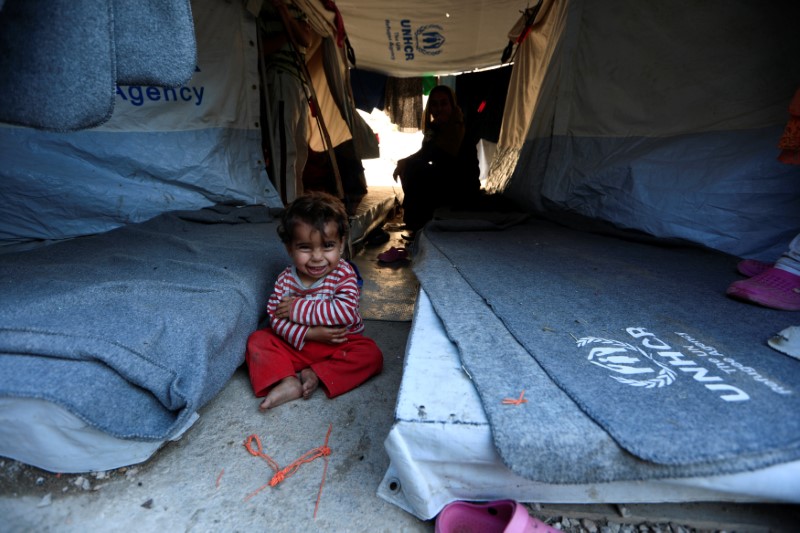
By Angel Krasimirov
SOFIA (Reuters) – Thousands of Bulgarian policemen, firefighters and other interior ministry workers gathered in the capital Sofia on Wednesday to demand higher wages, better working conditions and new uniforms.
It is the first major display of anger in the European Union’s poorest state against the two-month old centrist coalition government led by the center-right GERB party which won a snap parliamentary election in March.
The Balkan country is still struggling to root out endemic corruption and organized crime, and observers say local police, prosecutors and judicial system are in urgent need of reform.
The cabinet of Prime Minister Boyko Borissov has said it will honor Sofia’s commitments to the EU to work to boost incomes in line with productivity.
Interior Minister Valentin Radev, however, said wages of the ministry’s employees would remain unchanged this year.
“I hope that we will be able to increase the wages of the policemen in 2018, I do not know why they want it now and immediately,” Radev said.
Police trade unions demanded an immediate pay rise of 15 to 20 percent and said they plan more protests in the coming months. They also asked for increased funding to replace outdated equipment and buy new uniforms.
“The prestige and attractiveness of the profession have declined very seriously because of the low wages,” said Valentin Popov, chairman of the police officers’ trade unions.
“The starting (monthly) salary of a policeman and a fire-fighter is only 662 levs ($383) before taxes. The minimum and the average wage in the country rose by more than 50 percent in the last eight or nine years while the salaries in the interior ministry rose by only 15 percent in the same period,” he said.
Banners carried by firefighters read: “Helmet – 1990, outfit – 2002 – second hand.”
Bulgaria’s average monthly salary was just above 1,000 levs in the first quarter of the year, the statistics office data showed.
“The government’s attitude toward us is inhuman and humiliating,” a demonstrator told Reuters on condition of anonymity. “If things remain like this, I’ll quit.”
Police officers in the Balkan country are not permitted to strike, take a second job or join a political party, but they are exempted from paying social security contributions.
Voter frustration, especially with rampant corruption and organized crime, erupted in months of protests in 2013 and 2014 and the country has had seven governments in the past four years.
(Editing by Radu Marinas and Toby Chopra)


